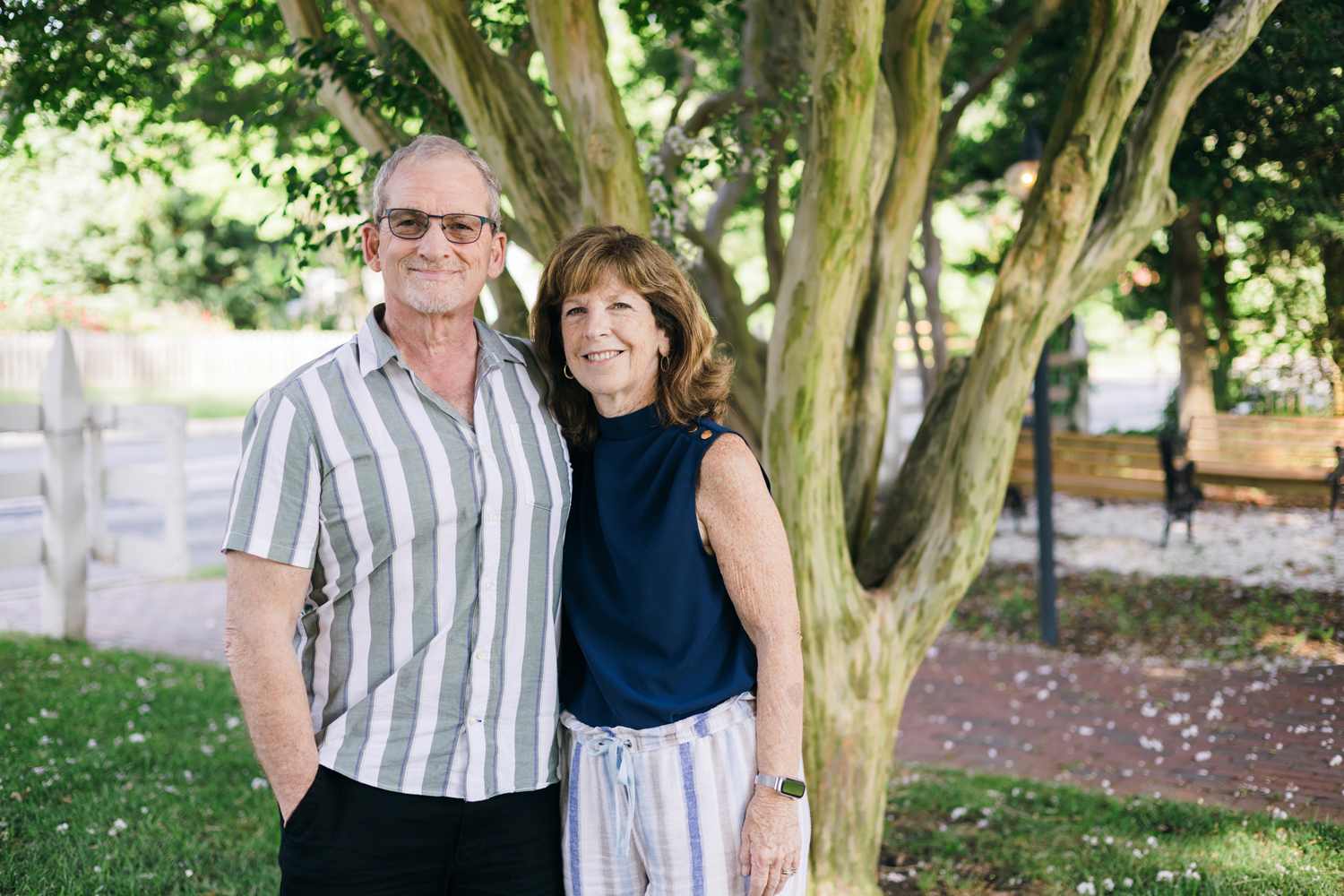Fall 2024 Vol. 14 Issue 03
-
From the Editor-in-Chief
Innovative Therapy Takes a BiTE Out of CancerBispecific T-cell engagers (BiTEs) bring immune cells close enough to cancer cells to destroy them.
by William G. Nelson, MD, PhD
-
Your Cancer Guide
Relationship WoesA cancer diagnosis can tax even the healthiest of relationships, exposing once invisible cracks in your relationship's foundation.
by Hester Hill Schnipper
-
Caregiving With Confidence
What’s for Dinner?Planning ahead can help ensure caregivers have healthy food options on hand.
by K.J. Bannan
-
Policy Matters
The Future of Perioperative Clinical Trial DesignsA recent FDA-AACR workshop explored best practices for trial design, analysis and interpretation of clinical studies with multiple phases of treatment.
by Elizabeth M. Jaffee, MD
-
Breast Cancer: Making Treatment Decisions
With additional treatment options and an emphasis on reducing side effects, patients with breast cancer have more decisions to make than ever before.
by Natalie Slivinski
-
Patients as Research Partners
New platforms allow patients to share their clinical data and tumor tissue no matter where they live, offering everyone a chance to participate in research.
by Erin O'Donnell
-
The Push for Inclusive Cancer Care
People with intellectual or developmental disabilities face obstacles to receiving appropriate cancer screening and treatment. Advocates are calling on the health care system to meet their needs and increase access to care.
by Thomas Celona
-
Survivor Profile
From Fear to ActionMike Herman hasn’t let a multiple myeloma diagnosis stop him from advocating for himself and teaching others to do the same.
by Suzanne McBride
-
Q&A
The Voices of ‘Cancering’Oncologist Jennifer Young Pierce hosts a podcast that aims to demystify cancer and inspire people touched by the disease.
by Tyler Santora
-
Get Involved
Happy FeetThe HallieStrong Foundation sends people receiving cancer treatment socks designed to put smiles on their faces.
by Thomas Celona
-
Facts and Stats
Treatment Advances Help Fuel Survival IncreasesPeople with localized esophageal cancer and advanced melanoma have benefited from improved cancer care.
by Thomas Celona
In a new play, the pain of cancer can be a chance to laugh.
by Ashley P. Taylor
Melanoma Risk in Childhood Cancer SurvivorsPeople treated for childhood cancer found to have twice the risk of developing melanoma as an adult.
by Cameron Walker
Online Second OpinionsMore than half of patients who participated in a program offering online second opinions were recommended a change to their treatment plan.
by Eric Fitzsimmons
Musical Toxicity an Effect of Cancer TreatmentStudy finding cancer treatment affects ability to play or sing music highlights need for physical therapy, experts say.
by Kyle Bagenstose



















